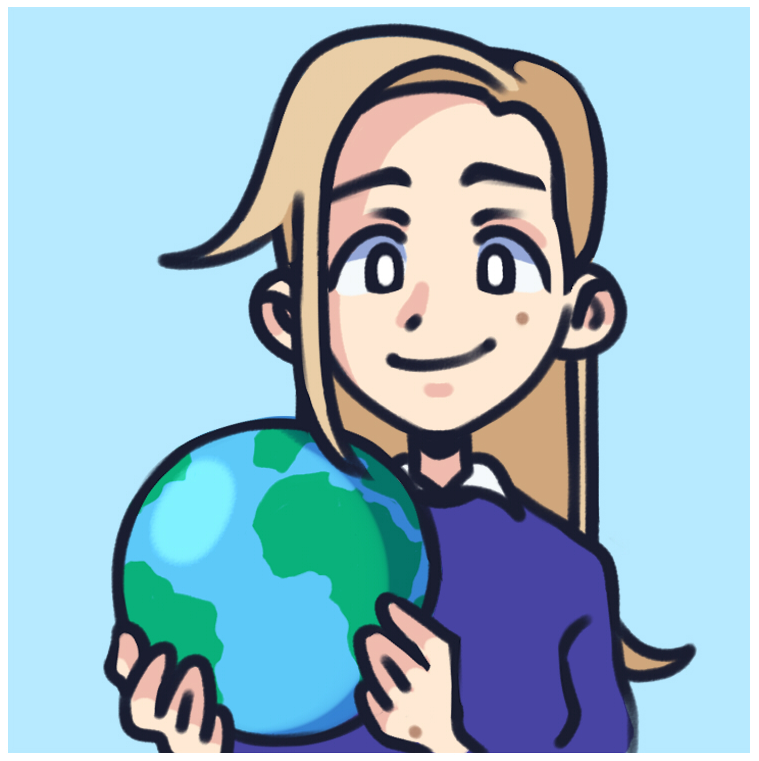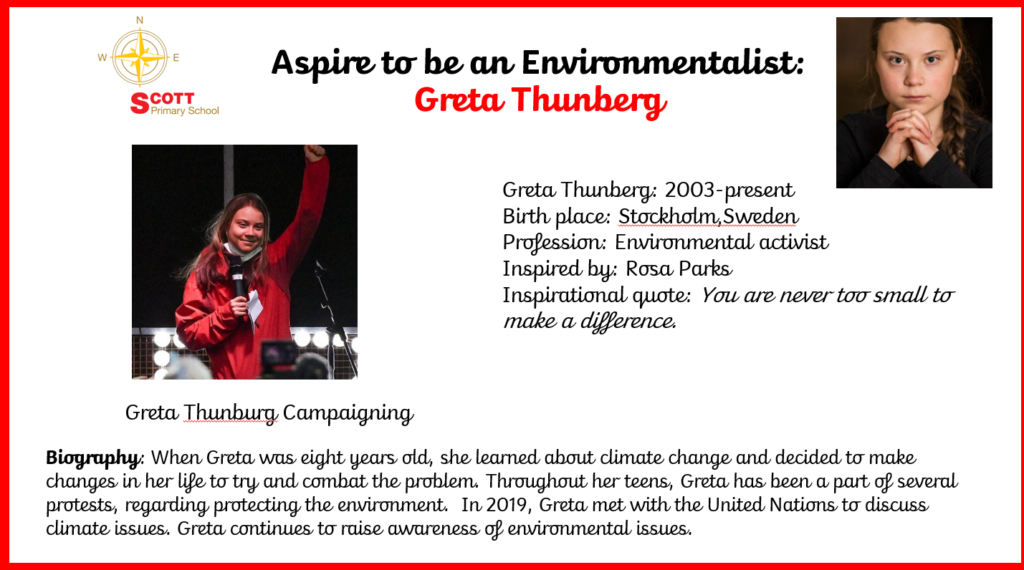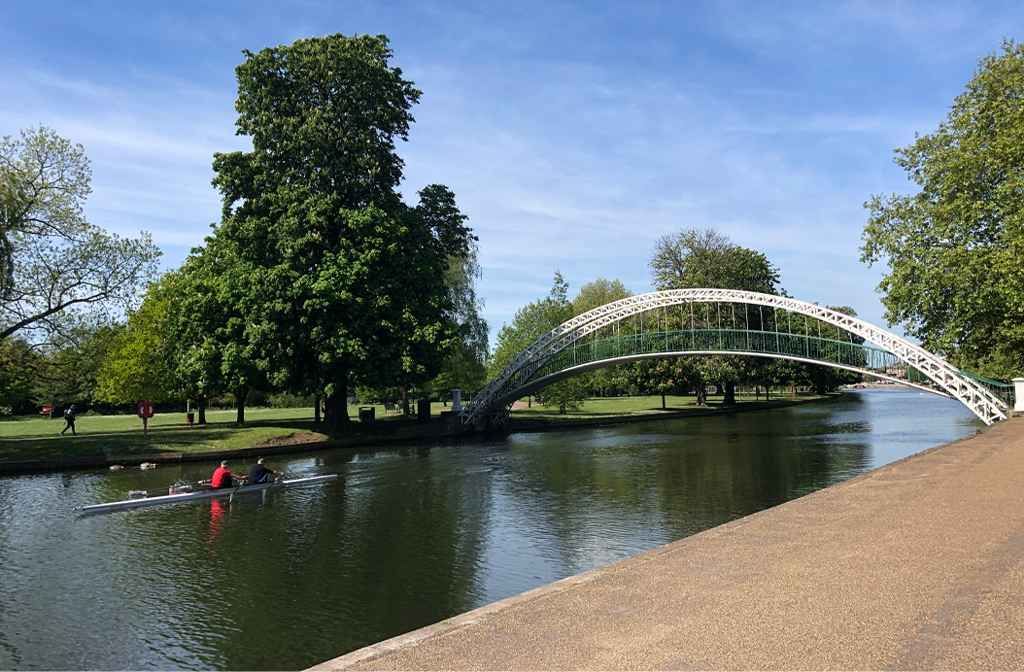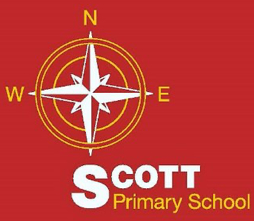Geography
Intent
Our pupils are responsible global citizens, who have a solid understanding of place, and appreciate and respect the diverse cultures and traditions of our world. They understand the role they play in protecting the Earth and its resources. Pupils are taught about the physical features of the Earth and about human activity, including populations, politics and economics. They can compare and contrast world locations and competently use geographical skills: collecting and analysing data; using maps, globes, aerial photographs and digital mapping to name and identify countries, continents and oceans; and communicating information in a variety of ways. Whenever possible, pupils take part in fieldwork. Pupils use their geographical skills to become active and effective members of their local and world community.
Long Term Plan
Talk like a Geographer

At Scott Primary, we understand the importance of language development in order to be effective communicators. In Geography lessons, we ‘Talk like a Geographer’’ through the sharing of key vocabulary and careful modelling from the teacher using sentence stems such as “The physical and human features in Bedford are…” or “This building is situated on the following coordinates…”.
Aspire to be
At Scott Primary, we aim to inspire our children to reach for a range of jobs regardless of their culture, background or heritage. Therefore we use our aspire to be posters to give some information about the different jobs and professions that the children could want to do when they leave us. These posters are displayed around our school and the children have the opportunity to read them, learn from them and on most use a QR code to delve deeper into the person life.

Geography Activity of the Half Term
Here is a suggested Humanities based activity that you could complete at half term.
Living in Bedford, we are so lucky to have the Great River Ouse. Next time you are near the river, can you observe which different activities are happening near or on the river? Perhaps you will see people in boats, people fishing, river cruises and people riding bikes on the Embankment or other exciting activities.
Can you make a poster demonstrating the different uses of the river?

Implementation
At Scott Primary School, Geography is taught on a half termly basis, allowing the children to achieve a greater depth in their learning. Progression is planned out throughout the whole school ensuring all skills and knowledge is covered and progression is built in to all planning. We use knowledge organisers to keep essential information together. Retrieval practice, through questioning, quizzing and paired work further consolidates the transfer of information from working memory to long-term memory.
Nursery and Reception are the start of the children’s journeys as Geographers. The focus is on the two statements of Mathematics and Understanding the World, taken from the 2020 Development Matters. The progression continues through each year group allowing prior knowledge and skills to be built upon and developed. Key knowledge and skills for each topic are identified in planning to ensure progression across topics throughout each year group across the school.
In KS1, the children explore the classroom, school building and nearby residential areas. This allows the children to give them a sense of place in their own locality in KS1, which is then developed into a more global sense throughout KS2. For example, in Year 2, children draw simple maps of their local area after going on a walk together, ensuring key features e.g churches, woods etc are identified. In Key Stage 2, the children explore further into surrounding woods, drawing maps of their route, identifying key features and then identifying the route and features on a digital map. The children make comparisons and discuss advantages/disadvantages of each map.
Impact
At Scott Primary School, our children will:
- have developed the geographical knowledge, skills and vocabulary to help them explore, navigate and understand the world around them and their place in it.
- Develop a love of learning about our local area, our country and our planet.
- Make links between learning that takes place in Geography lessons to other areas of the curriculum.
- Be passionate about how to look after the environment.
- be able to confidently use maps to locate and describe features of a location and answer questions.
- develop excellent fieldwork skills as well as other geographical aptitudes and techniques.
Assessment
Assessment is crucial to driving pupil learning forward. How staff assess children’s learning identifies the next steps in their learning journey. Children are provided with written and verbal feedback and this also helps staff to identify gaps in learning, which can then be addressed. At the end of end unit of work, children will answer 3 questions independently, which allows staff to make an informed judgement on the progress that has been made. These questions can be answered verbally or in written form, depending on the needs of the child. Each term, staff enter data onto the Target Tracker
